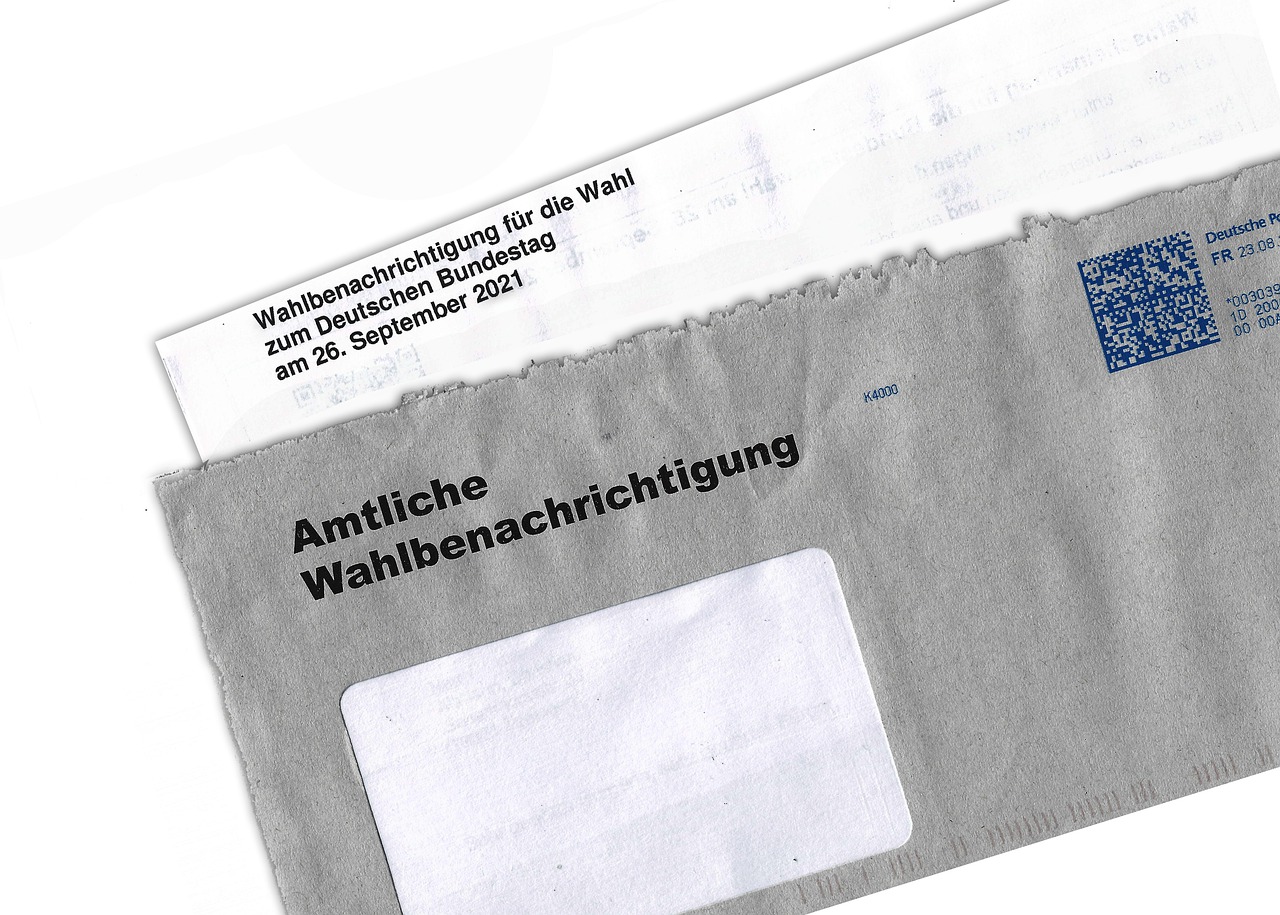Political Debates and Their Influence on Voter Knowledge
Political debates have played a crucial role in shaping the democratic process for centuries. Dating back to ancient Greece, where philosophers and orators engaged in public discussions on policy matters, the concept of debating political issues has evolved over time. In the United States, the Lincoln-Douglas debates of 1858 between Abraham Lincoln and Stephen Douglas are considered a landmark in the history of political debates.
These debates not only provided a platform for candidates to articulate their views but also allowed voters to assess their leadership qualities and policy proposals. With the advent of mass media in the 20th century, political debates reached a wider audience, influencing public opinion and electoral outcomes. Today, televised debates are a common feature of election campaigns around the world, signaling the continued importance of this form of political communication.
The Purpose of Political Debates
Political debates serve as a platform for candidates to communicate their policies, beliefs, and visions directly to the public. By engaging in debates, candidates have the opportunity to showcase their knowledge and understanding of important issues facing society. This allows voters to assess the candidates’ qualifications and make informed decisions about whom to support in an election.
Furthermore, political debates help to highlight the differences between candidates and their respective platforms. Through the exchange of ideas and arguments, viewers can gain a clearer understanding of where candidates stand on various issues, enabling them to compare and contrast the options available to them. Ultimately, the purpose of political debates is to provide voters with the information they need to make a well-informed choice when casting their ballots.
The Impact of Political Debates on Voter Knowledge
Political debates have long been seen as a crucial platform for candidates to showcase their policies, values, and leadership abilities. These debates provide voters with a unique opportunity to directly compare and contrast the different candidates’ stances on various issues, helping them make more informed decisions on election day. By watching and analyzing these debates, voters can gain a deeper understanding of each candidate’s positions on important matters such as healthcare, education, and the economy.
Moreover, political debates serve as a source of valuable information for voters who may not have had access to in-depth analysis of candidates’ platforms through traditional media channels. The lively exchanges and rebuttals between candidates during debates can shed light on their ability to think on their feet and respond to challenges in real-time. This real-time engagement can give voters insights into how candidates handle pressure and think critically about complex issues, ultimately enhancing voter knowledge and understanding of the candidates’ capabilities.
Political debates provide voters with the opportunity to compare and contrast candidates’ stances on important issues
Voters can gain a deeper understanding of each candidate’s positions on matters such as healthcare, education, and the economy
Debates serve as a valuable source of information for voters who may not have access to in-depth analysis through traditional media channels
The lively exchanges between candidates during debates can showcase their ability to think on their feet and respond to challenges in real-time
Real-time engagement in debates gives insights into how candidates handle pressure and think critically about complex issues
What is the history of political debates?
Political debates have been a part of political campaigning since the early days of the United States. The first televised debate took place in 1960 between John F. Kennedy and Richard Nixon.
What is the purpose of political debates?
Political debates serve as a platform for candidates to present their views, policies, and plans to the voters. They allow for direct comparison between candidates on important issues.
How do political debates impact voter knowledge?
Political debates can significantly impact voter knowledge by providing voters with information about the candidates’ positions on key issues. They also allow voters to assess the candidates’ communication skills and ability to think on their feet.
Do political debates always lead to increased voter knowledge?
While political debates can be a valuable source of information for voters, their impact on voter knowledge can vary. Factors such as media coverage, candidate performance, and the format of the debate can all influence the extent to which voters gain knowledge from debates.







